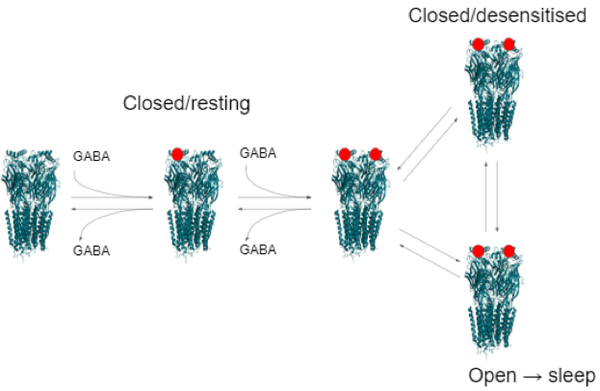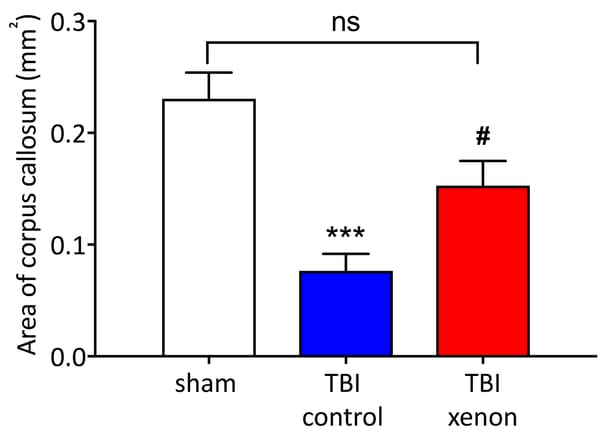The revival of measles
Measles is on the rise in the wake of the popularisation of ‘anti-vaxxer’ rhetoric, decreasing herd immunity, and increasing risk. Make sure you are protected!

When Max was 18, he woke up one morning feeling very unwell. “I just couldn’t get up,” he said, “I had been out the night before and my boyfriend at the time thought it was just a hangover, but his flatmate came in and said I looked truly awful.” Eventually, Max was taken in a taxi to Whitechapel Hospital. It was there that he was diagnosed with measles.
Now 28 and a freelance art director, Max is lucky enough to have made a full recovery. He did, however, miss the first six weeks of his degree. “I’ve kind of blocked it out, I was so unwell. I had just started an art degree, and I was away for nearly half the term,” he recalled.
Despite having been on the brink of elimination in 2015, unfortunately measles cases like Max’s are once again on the rise in the UK. Last week, Imperial students were informed by email of an outbreak in the local community. As a result, we have all been urged to check that we have had the recommended two doses of the MMR (Measles, Mumps and Rubella) jab. But the reasons why we may have missed out on having the vaccine as children are not straightforward.
We all think we know the story. “In 1998, Andrew Wakefield published a, now discredited, paper linking the MMR to autism,” Public Health trainee Dr Catherine Huntley explains, “leading to intense media coverage, which had an important impact on MMR coverage.” Those children who missed out on having the MMR as a result of the scandal are now populating UK universities. “This group of people is more susceptible to measles because immunity levels are low,” Dr Huntley continues.
As a result of the scandal, the latest wave of measles cases can, in part, be attributed to Andrew Wakefield. And vaccine hesitancy, as it is politely known, is thriving once again. Social media is bringing together communities of so-called ‘anti-vaxxers’, feeding them fake news and fuelling scepticism of expert opinion (which, for the record, is that the MMR vaccine is very safe). It is the perfect populist storm. Or at least, this is the story we read in the papers.
But the ‘anti-vaxxers’ are only partly to blame. There are other reasons why Imperial students might have missed their MMR: a childhood spent living overseas, or a change of GPs at a critical moment. I grew up in London, yet I only had my MMR when I arrived at Imperial. My parents simply forgot to take me for my jabs. Max, too, did not miss his MMR on purpose - his family moved to the UK from Hong Kong when he was six and his records got lost on the way.
Fear of being brandished as an ‘anti-vaxxer’, or an assumption that, because you have pro-vaccine parents, that you must have had the MMR, may in fact be acting as barriers to checking that you’re covered. Instead, it’s possible that, like Max and me, you just slipped through the net. It will only take one phone call to your GP surgery for you to find out. If you don’t have a family doctor or you’re unable to find out your immunisation history, Dr Huntley says “You can go ahead and arrange to be vaccinated again”. It is safer to do this than to potentially be left unprotected.
I asked Max what advice he would give to someone trying to decide whether or not to have the MMR. “I would definitely have it,” he said. “Measles is a horrible sickness to have. It’s very contagious and can be dangerous to others.” Measles is preventable, and it will take little effort to check that you’re protected. So, don’t be afraid, don’t assume, just go and check. It is only together that we can bring an end to measles in the UK.








